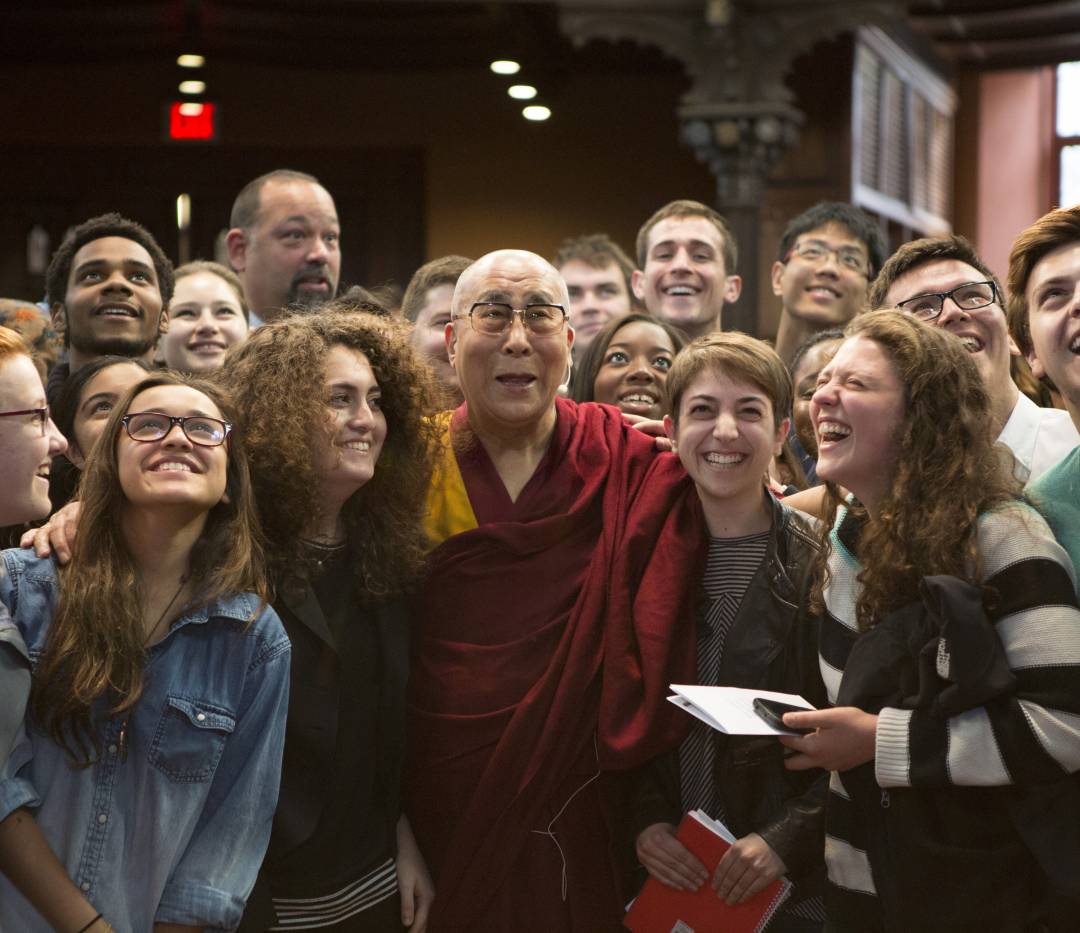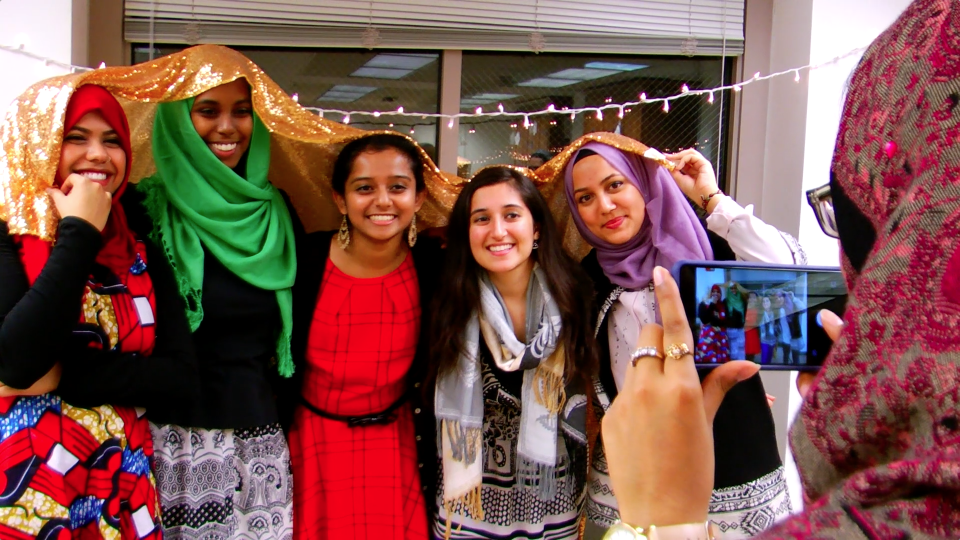In the Office of Religious Life, we create opportunities for religious and spiritual life to flourish by cultivating a community of compassion, radical hospitality, and inclusivity - where every person can truly belong.
Rev. Dr. Theresa S. Thames
Dean of Religious Life and of the Chapel


Religious Life at Princeton
A place for all — this sentiment is behind all that we do at Princeton to support the religious and secular communities on campus. Princeton is nonsectarian, and religious life here is characterized by its depth and diversity, reflecting our community of people from around the world and their interest in seeking meaning in their lives.
Along with providing spiritual counseling, the Office of Religious Life will support you in the broadest kinds of exploration of religion, ethics, public policy and community well-being. The office, based in Murray-Dodge Hall, brings community members together for interfaith programming, and a variety of chaplaincies and student groups allow you to further your spiritual growth and learn about other traditions.

Programs & Events
You will have many ways to engage with faith at Princeton — interfaith councils for undergraduates and graduate students, worship services, musical choirs and concerts, meditation, study of sacred texts and trips to explore how religion is practiced in other cultures.
The campus celebrates many spiritual events within the soaring walls of the Princeton University Chapel, from its annual interfaith Baccalaureate service for graduating seniors and weekly Christian services to the Hindu celebration of Diwali. Other places for gathering and reflecting on campus include the Murray-Dodge Café (open noon to midnight for free cookies and tea Tuesday through Sunday, and 3 p.m. to midnight Monday), prayer rooms in Murray-Dodge Hall, the Center for Jewish Life, and gardens and natural spaces.
Chaplaincies & Groups
The University's 17 chaplaincies and numerous student groups are among the most vibrant centers of faith on campus. The faiths represented include Baha'i, Buddhism, Christianity, Hinduism, Judaism, Islam, Sikhism and Unitarian Universalism.


